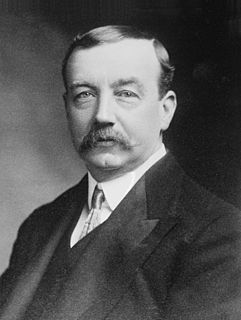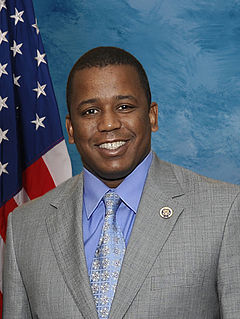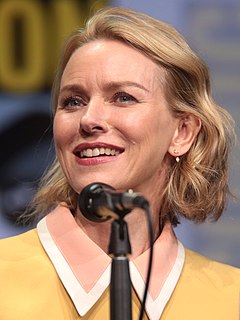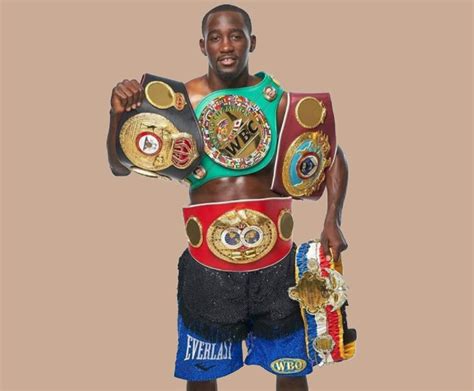A Quote by Philippe Falardeau
If you read Herodotus, the first Greek historian 2,500 years ago, he was talking about that - about people mixing with other people. Sometimes it produces great societies. Sometimes it triggers war. But, we're not going to change that. I don't think so. We're living in nations that are state nations and countries.
Related Quotes
Thirty years ago, if you said the country was living beyond its means, people would have thought about economics. Now, if you talk about the country, or the planet living beyond its means, you think about the environment. We are taking out more than we are giving back. We are consuming energy, water, and other natural resources in a way that is leading to huge and often irreversible damage to the planet. So too are most other developed nations. And so too will China and India if they follow the same path of economic development as us
That there are men in all countries who get their living by war, and by keeping up the quarrels of nations, is as shocking as it is true; but when those who are concerned in the government of a country, make it their study to sow discord and cultivate predjudices between nations, it becomes the more unpardonable.
I'm looking for a second reformation. The first reformation of the church 500 years ago was about beliefs. This one is going to be about behavior. The first one was about creeds. This one is going to be about deeds. It is not going to be about what does the church believe, but about what is the church doing.
I've noticed a lot of people talking about the wealth of roles for powerful women in television lately. And when I look around the room at the women here and I think about the performances that I've watched this year, what I see actually are women who are sometimes powerful and sometimes not. Sometimes sexy and sometimes not. Sometimes honourable and sometimes not. And what I think is new is the wealth of roles for actual women in television and in film. That's what I think is revolutionary and evolutionary and it's what turning me on.






































